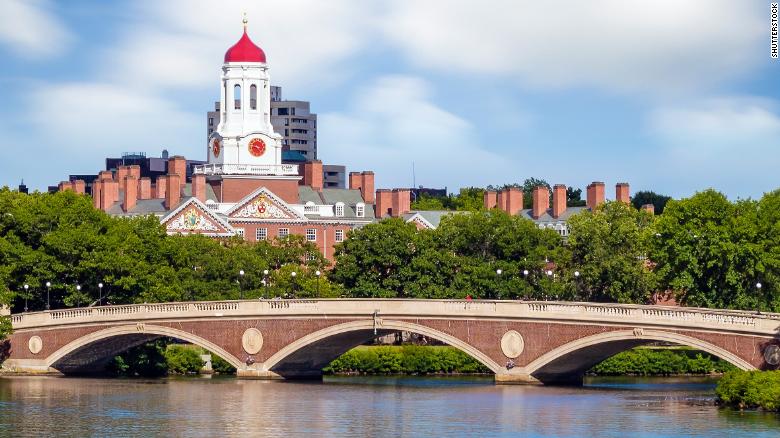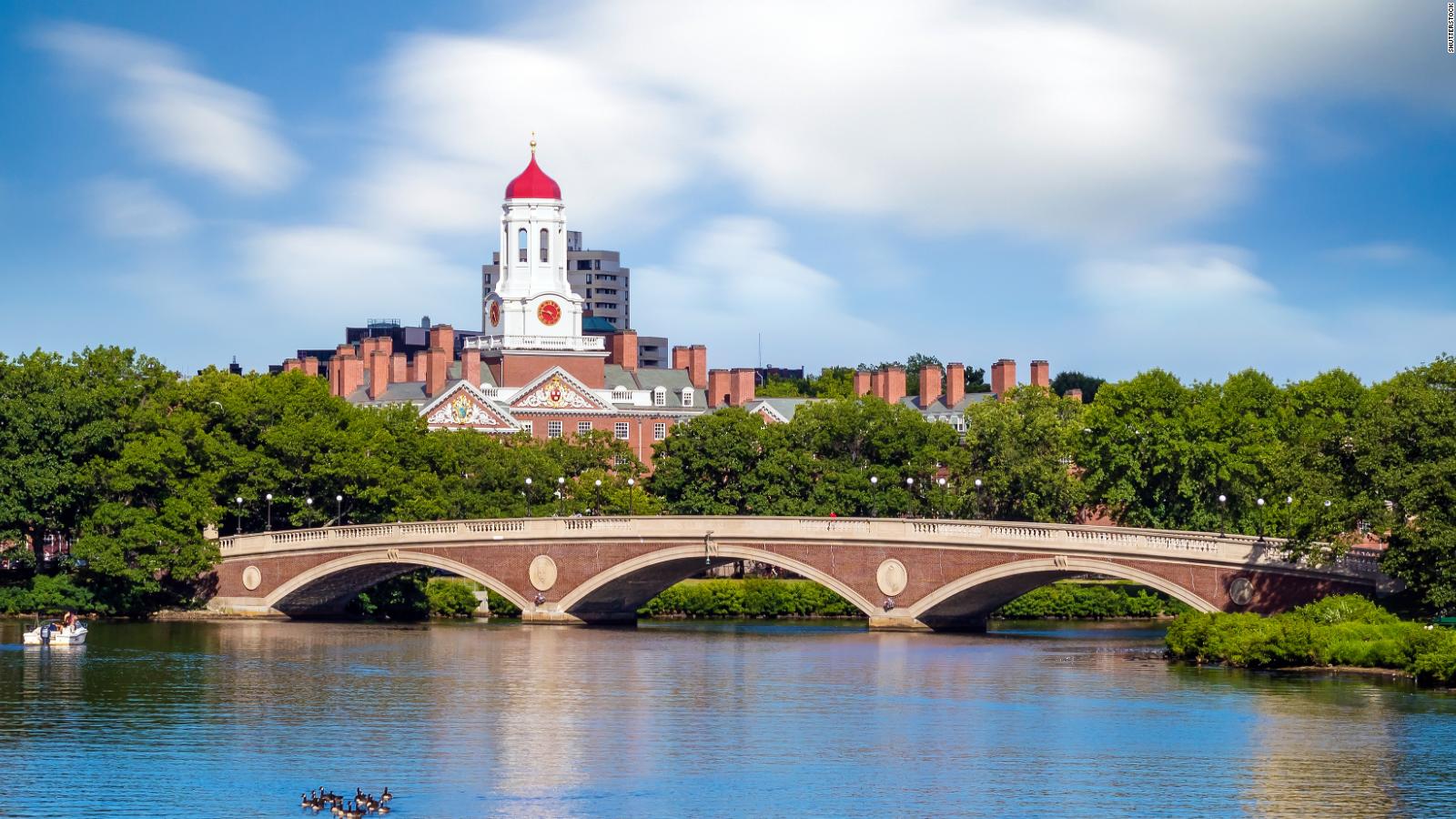US Appeals Court Judge Sandra Lynch pounded lawyers challenging Harvard’s affirmative action policies on Wednesday, implicitly disputing their claims of bias against Asian American students and assertions of Supreme Court precedent.
“You started out by saying that the Harvard system is intentionally discriminatory because it uses subjective criteria,” Lynch, the most vocal of the three judges hearing the case, told William Consovoy, representing the challengers to Harvard. “But in the Bakke case, which of course binds us, they also used subjective criteria and talked glowingly of Harvard’s plan at the time.”
Lynch was referring to Regents of the University of California v. Bakke, the 1978 case in which the Supreme Court first allowed colleges to use race as a “plus” factor in admissions for campus diversity.
“We’re saying it is more susceptible to bias infiltrating the system,” Consovoy responded, clarifying his argument, “because it uses subjective criteria. … I think that’s just common sense.”
Lynch had the sharpest queries for Consovoy and a Department of Justice lawyer, also challenging the practices that have traditionally benefited Blacks and Hispanics.
Judge Juan Torruella asked few questions during the 80-minute hearing yet was similarly skeptical of arguments of Harvard bias against Asian Americans, questioning what evidence existed. Yet neither Torruella nor Chief Judge Jeffrey Howard tipped their hand as did Lynch in the long-running case now at the federal appellate stage.
Howard, at one point, homed in on the claim of “racial balancing” at the core of the lawsuit brought by Students for Fair Admissions. “On the one hand, an institution is seeking a diverse student body and diverse community. On the other hand, there is a real concern about improper balancing,” said Howard, asking about so-called “yield rates.”
Lawyer Seth Waxman, representing Harvard, said the admissions rates for Blacks, Hispanics, Asian Americans and others have sufficiently varied over the years to demonstrate individual assessments and conform to Supreme Court precedent.
Bakke and other Supreme Court decisions have forbidden quotas and related “racial balancing.” The case against Harvard, filed six years ago, has always appeared destined for the Supreme Court and a significant test of that 1978 Bakke milestone.
Under review by the Boston-based panel Wednesday was a 2019 decision by US District Court Judge Allison Burroughs that rejected arguments that Harvard unlawfully discriminated and could gain diversity through non-racial factors, such as a family’s economic status.
“Harvard has demonstrated that there are no workable and available race-neutral alternatives, singly or taken in combination that would allow it to achieve an adequately diverse student body while still perpetuating its standards for academic and other measures of excellence,” Burroughs wrote.
The lawsuit was initiated on behalf of Asian Americans by Edward Blum, a conservative advocate who has long opposed racial policies and previously sought white students to challenge them. After President Donald Trump took office, the US Department of Justice joined the case, siding with Blum’s Students for Fair Admissions group.
Closely watched from the start because of the prevalence of affirmative action practices nationwide, the case has taken on new salience as the country focuses on systemic racism, newly ignited by the May 25 police killing of George Floyd in Minneapolis.
‘Personal’ score
One point of contention is Harvard’s use of a “personal” score, in addition to academic and extracurricular ratings, that SFFA challengers say allows admissions officials to enhance the prospects of Black and Hispanic applicants and disadvantage Asian Americans.
On Wednesday, Consovoy argued that the flexible “personal” rating has led to the racial stereotyping of Asian Americans. During the trial, SFFA contended Asian Americans were typecast as one-dimensional or merely “book smart.”
Justice Department lawyer Eric Dreiband reinforced that contention, telling the court that Asian American applicants have routinely, but suspiciously, drawn lower personal scores. Dreiband also argued that Harvard constantly monitors the racial composition of its entering class to achieve certain levels.
Under questioning from Lynch about how the Harvard program differs from affirmative action programs upheld by the Supreme Court, most recently in 2016 at the University of Texas, Dreiband said Harvard fails to take the requisite narrow, or limited, approach. He contended Harvard looks at students’ race at every step of the admissions process, “saturating” the entire process with it.
Harvard lawyer Waxman disputed that emphasis and urged the appellate panel to rely on the findings of Burroughs, who heard testimony from 25 witnesses and reviewed hundreds of pages of exhibits during a three-week trial in 2018.
Waxman said Harvard admissions officers engage in comprehensive “individualized” assessments as they consider who should obtain a place in the college. He said a committee of 40 admissions officers weighs many academic and extracurricular characteristics and asserted that the personal scores targeted by the challengers were being overblown.
“In this appeal,” he said, the personal ratings “have assumed a Frankenstein-like significance.”
>>>>


